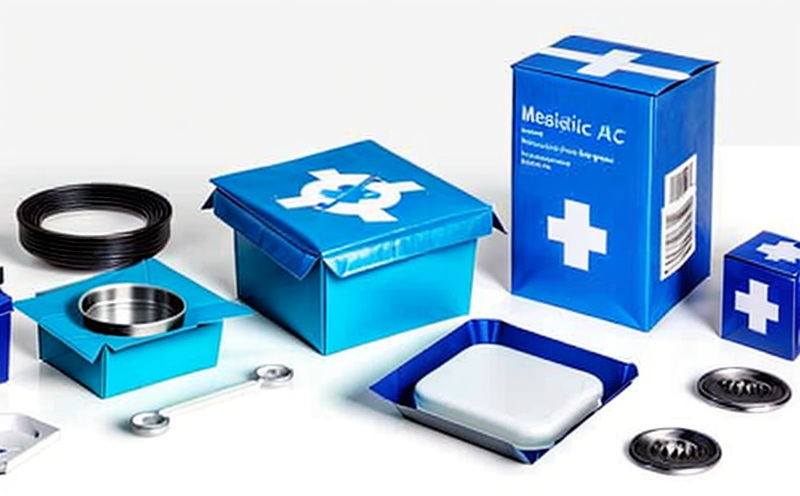Testing medical device packaging for resistance to contamination
Ensuring Patient Safety The Importance of Testing Medical Device Packaging for Resistance to Contamination
In the medical device industry, packaging plays a critical role in ensuring the safety and effectiveness of products intended for human use. Medical devices are subject to strict regulations regarding their packaging, as it directly affects the products sterility and overall quality. One essential aspect of packaging is testing its resistance to contamination, which is crucial for businesses that manufacture medical devices.
At Eurolab, we offer a laboratory service specifically designed to test the packaging of medical devices for resistance to contamination. Our expert team uses state-of-the-art equipment and follows established protocols to ensure accurate results. In this article, we will explore the significance of testing medical device packaging for resistance to contamination and highlight the advantages of using our comprehensive services.
The Importance of Testing Medical Device Packaging
Medical device manufacturers understand that their products are used in environments where infection control is critical. Therefore, its essential to test the packaging to ensure it meets or exceeds regulatory requirements. The consequences of contaminated medical devices can be severe, including
Infection and disease transmission
Device malfunction or failure
Product recalls and financial losses
To mitigate these risks, manufacturers must verify that their packaging can withstand various environmental conditions, including humidity, temperature fluctuations, and physical handling.
Advantages of Using Eurolabs Testing Services
Our comprehensive testing services for medical device packaging offer numerous benefits to businesses
Compliance with Regulatory Requirements We ensure your products meet international standards and regulations, such as ISO 11607-1, FDA 21 CFR Part 211, and EU MDR Annex I.
Improved Product Safety Our testing helps identify potential contamination risks, enabling you to take corrective action and prevent costly product recalls.
Enhanced Brand Reputation By partnering with Eurolab, you demonstrate your commitment to quality and patient safety, which can lead to increased customer trust and loyalty.
Cost Savings Identifying packaging flaws early on reduces the likelihood of product failures and associated costs.
Accelerated Time-to-Market Our efficient testing process enables you to bring products to market faster, while maintaining compliance with regulatory requirements.
Key Benefits of Testing Medical Device Packaging for Resistance to Contamination
Our laboratory services focus on the following key aspects
Moisture Permeation Testing Evaluates packagings ability to prevent moisture from entering or escaping the device.
Inflation and Collapsing Testing Simulates real-world conditions to assess packagings durability under various environmental stresses.
Impact Resistance Testing Analyzes packagings ability to withstand physical shocks, drops, and other handling-related stresses.
Sterility Testing Verifies that packaging maintains the products sterility throughout its shelf life.
Frequently Asked Questions (FAQs)
Q What types of medical devices require testing for resistance to contamination?
A All medical devices intended for human use, including implants, surgical instruments, and diagnostic equipment.
Q How often should I test my medical device packaging for resistance to contamination?
A Regular testing is essential. We recommend retesting every 6-12 months or after any changes in packaging materials or manufacturing processes.
Q Can Eurolab provide customized testing services tailored to our specific needs?
A Yes, our team will work with you to develop a personalized testing plan that meets your unique requirements and compliance needs.
Conclusion
Testing medical device packaging for resistance to contamination is an essential aspect of ensuring patient safety. At Eurolab, we offer comprehensive laboratory services designed to meet the complex regulatory demands of the industry. By partnering with us, manufacturers can
Ensure product compliance
Improve product safety
Enhance brand reputation
Reduce costs
Accelerate time-to-market




